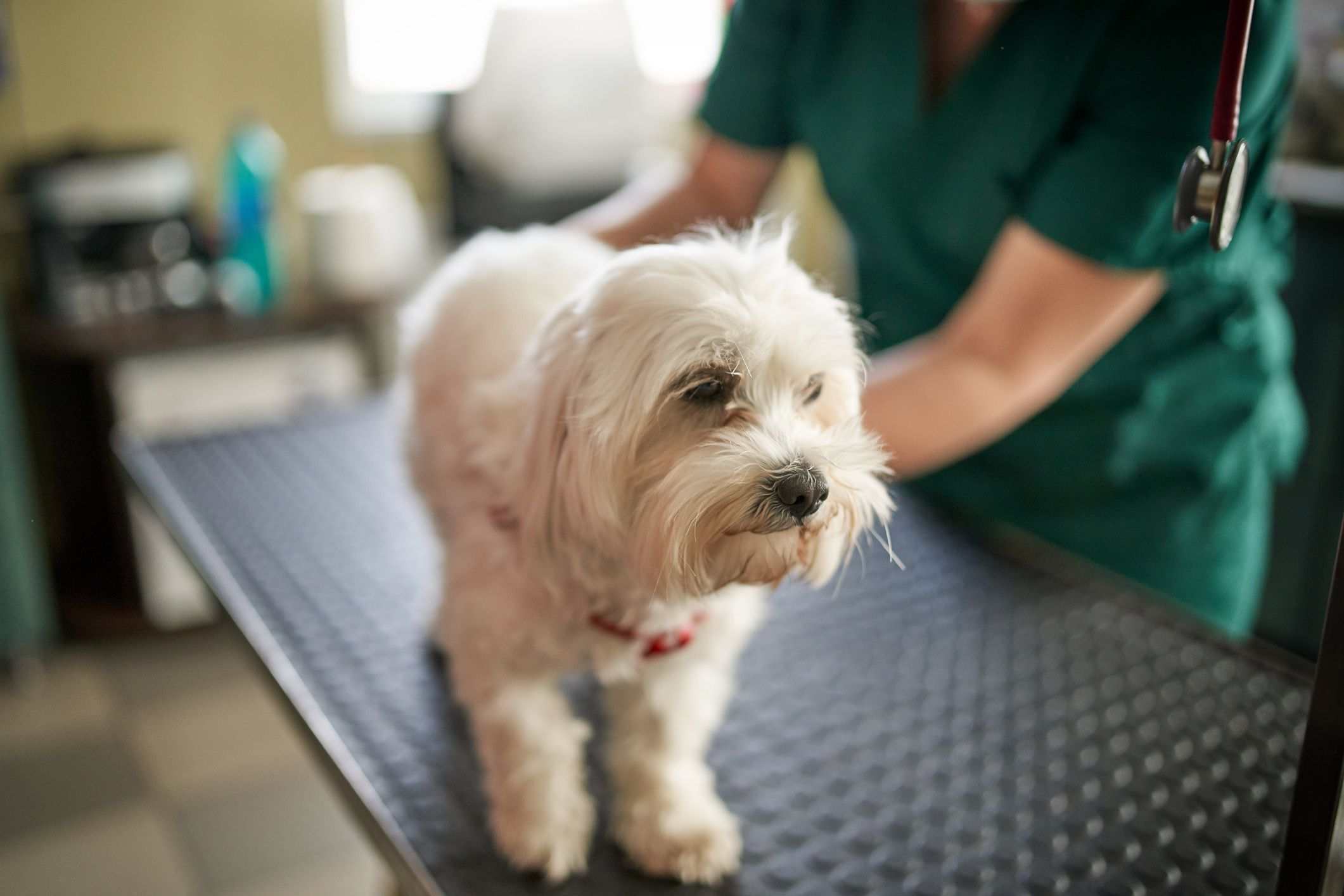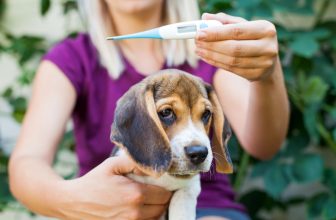
Changes in your dog’s stool or frequent scooting may seem minor, but can be signs of a more serious problem. Around 16.5% of all malignant rectal tumors in dogs are anal gland cancer. Although no pet parent wants to consider her dog could have cancer, prompt veterinary care makes a big difference as smaller tumors can have better overall prognosis .
Dr. Jack O’Day, Veterinary Oncologist with VCA SouthPaws Veterinary Specialists & Emergency Center in Virginia, says that anal gland cancer is one of the most common tumors associated with the rectal/anal area in dogs. Although any dog is at risk, these dogs are at an increased risk:
Symptoms of anal gland cancer in dogs
As the anal gland tumor grows, it can cause changes in defecation or abnormal stools. Other symptoms to look for include scooting, when a dog drags his rear across the floor in a sitting position, or frequent licking in the rectal area.
“This cancer may also cause an increased level of blood calcium, so when this happens, dogs may exhibit increased drinking and urination,” Dr. O’ Day explains.
If your dog has any of these symptoms, book an appointment with your veterinarian for a physical exam. Dr. O’ Day says that the tumor is often discovered during a routine rectal exam or sometimes even during an anal sac expression by a primary care veterinarian or a dog groomer.
How do I know if my dog’s anal gland tumor is cancerous?
Your vet may do a fine needle aspiration procedure, where a small needle is inserted into the tumor to retrieve cells to determine if it’s cancerous.
Regarding the life expectancy of dog with rectal cancer — the size of the tumor has an impact on the dog’s overall chances for recovering, so early detection is important.
“One of the most significant prognostic factors is the tumor size,” Dr. O’Day says. “Dogs with small tumors that are removed surgically can have life expectancies measured in years, while dogs with tumors that have spread to other locations have a more guarded prognosis.”
Treatment for dogs with anal gland cancer
Surgery may be recommended to remove the entire anal gland, with injectable chemotherapy often given after surgery. If the tumors are not able to be surgically removed, Dr. O’Day says that oral forms of chemotherapy can be considered, or in some cases, radiation therapy may be advised.
Most dogs tolerate chemotherapy well, and a veterinary oncologist will provide guidance on the best treatment plan to keep your dog feeling good with the best chance to live comfortably while treating the cancer.
“Seeking the advice of a medical oncologist is recommended for dogs who have been diagnosed with anal gland cancer, as they will be able to offer you all of your pet’s treatment options and the steps moving forward,” Dr. O’Day says.
<
Credit Source link







